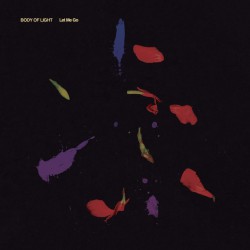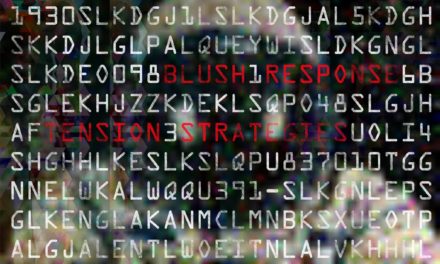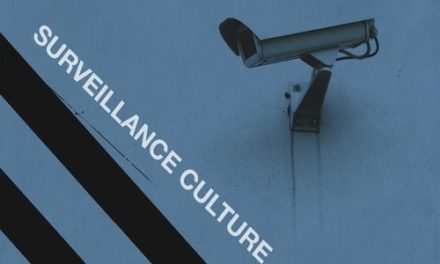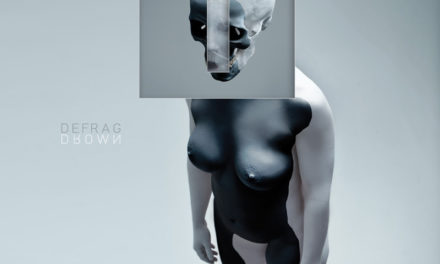Body Of Light
Let Me Go
Dais Records
It’s felt like an inordinately long wait for the new Body of Light LP. Yes, it’s been a fair while since their Limits Of Reason EP, but between then and now brothers Alexander and Andrew Jarson have been gigging heavily and found a new home on white-hot Dais Records, but perhaps more importantly the world seems to have caught up with some of the best synthpop that’s been streaming out from underground labels for a while. Whether it’s been Kite, Ari Mason, or Mr.Kitty, a host of bands are pushing synthpop into the ears of folks who perhaps unfairly overlook the genre’s relevance to their darker tastes. Thankfully, with Let Me Go, Body of Light aren’t just reminding us of synthpop’s relevance and freshness to the current state of things, but are embracing its wider legacy.
It’s tough to point to a single track on Let Me Go as an example of the sort of sound, the sort of song, the sort of approach it’d be impossible to imagine the band who released Limits Of Reason a couple of years back attempting. Truth be told, each of the styles on Let Me Go – the Balearic rush of opener “How Do I Know?” or the woozy, cavernous keen of the title track – was probably well within the Jarsons’ grasp from the time Volantà Di Amore dropped in 2013. What makes this record feel so much grander than all that came before it (and what gives it huge crossover potential, if our crystal ball’s worth anything) is its scope, its willingness to say “yes” to so many new sounds, motifs, and styles. Time and again, listening to Let Me Go felt like a whirlwind tour through the entire, thirty-plus year history of synthpop.
The lo-fi synth pulses and gasps of their debut tape, Wayside City, brought the early synthpop-concrete experimentalism of Leer and Rental to mind far more readily than any of the smoother sounds which would be begin to invade airwaves a few years later. Here, there are still hints of those early releases, but they’re folded into a far more vibrant assortment of synthpop sounds, like the 90s-styled optimism of “Felt”, or futurepop gem “Tremble”. Others, like “Last Breath” and “Come Down”, shoot the sunny crossover sounds hewn by acts like Cut Copy and the Junior Boys in the aughts through with darker tones, and hang with them in terms of both composition and production; again, no mean feat given how rough and unpolished Body of Light’s style was just a few years ago.
In spite of this trip through the genre’s highlights, Let Me Go does retain unity both as an LP and as part of the larger history of the band. I think this is in large part thanks to the vocals, which underscore that potent mix of need and frustration which so much of synthpop relies on, but don’t fall into imitation or ever allow you to forget who you’re listening to. Whether a conscious collection of different styles or just a reflection of the winding path which has led them to this high-def, super-charged state, Let Me Go pays off the wait for Body Of Light’s emergence onto a larger stage. Highly recommended.







This is quite good.
Couldn’t be more thrilled with this album. In retrospect, this may have been my most anticipated record of the year. Body of Light scratch my itch for emotional darkwave and synthpop that never seems to get scratched enough. I’ve had the privilege of seeing them live more than a few times, being an Arizona local, and hearing those new songs live prior to the record made the wait all that more unbearable.
It’s great to have bands like Body of Light, Minuit Machine, and Hante. around who approach synthpop with strong darkwave overtones that pay respect to the 80s. Many “scene” darkwave acts of the last 15-20 years cross-pollinate with industrial–which is fine (I love Diary of Dreams, personally), but the 80s nostalgia is definitely strong with a lot of these younger bands. I wager that’s part of why Body of Light has attracted the ears of stuck-up music journalists who’d rather be writing about Mumford & Sons.